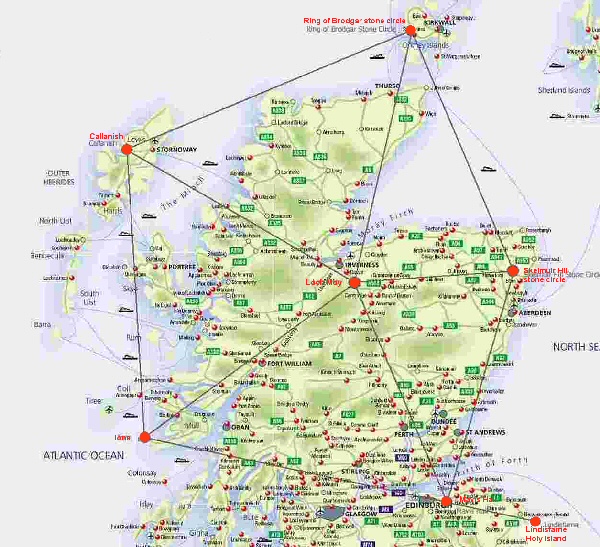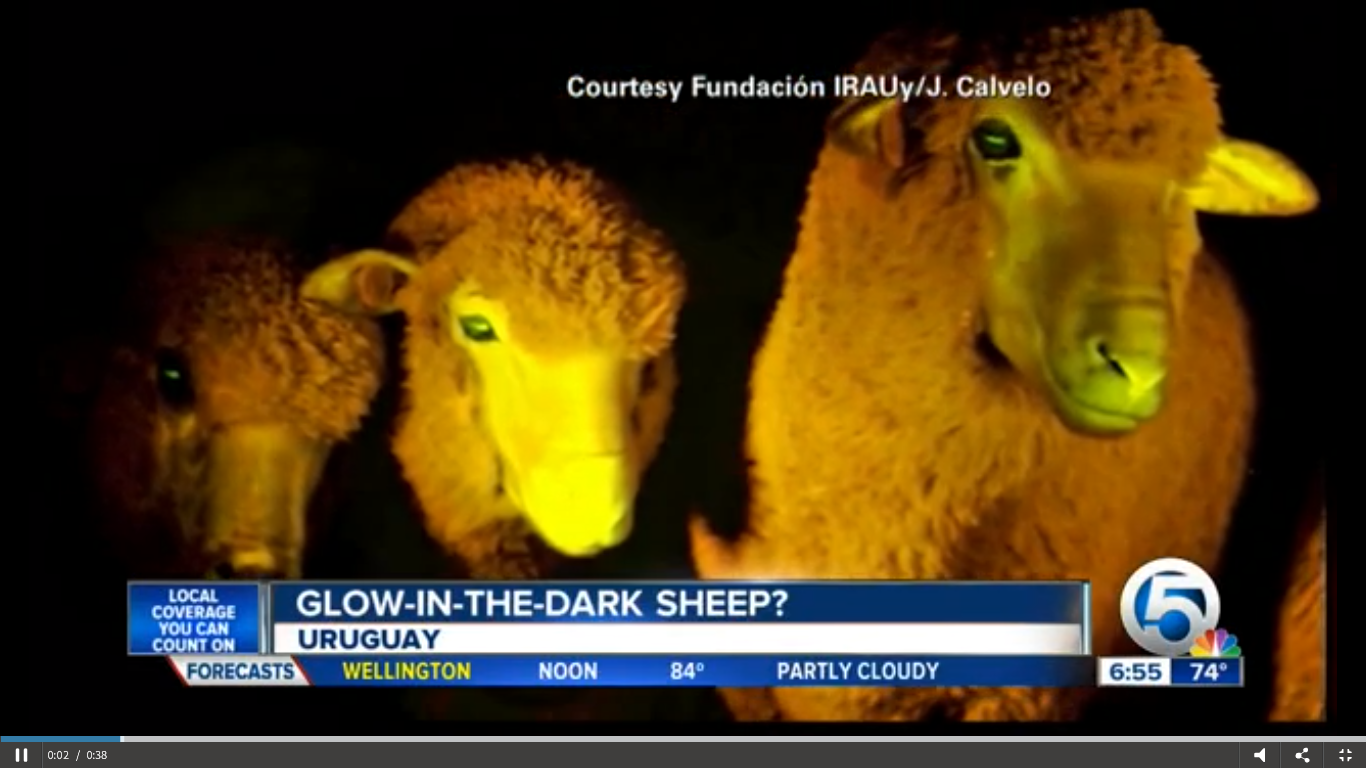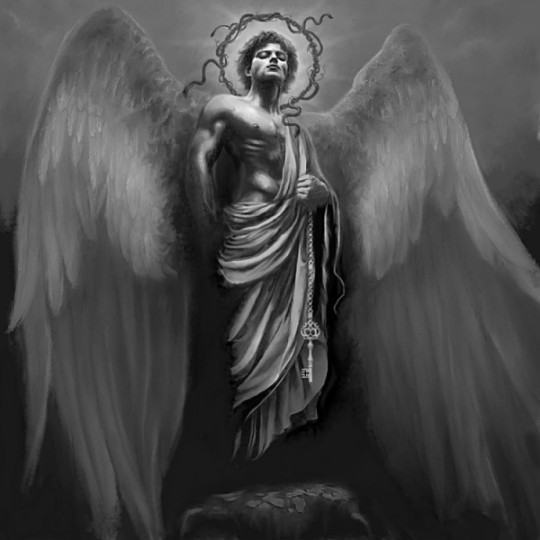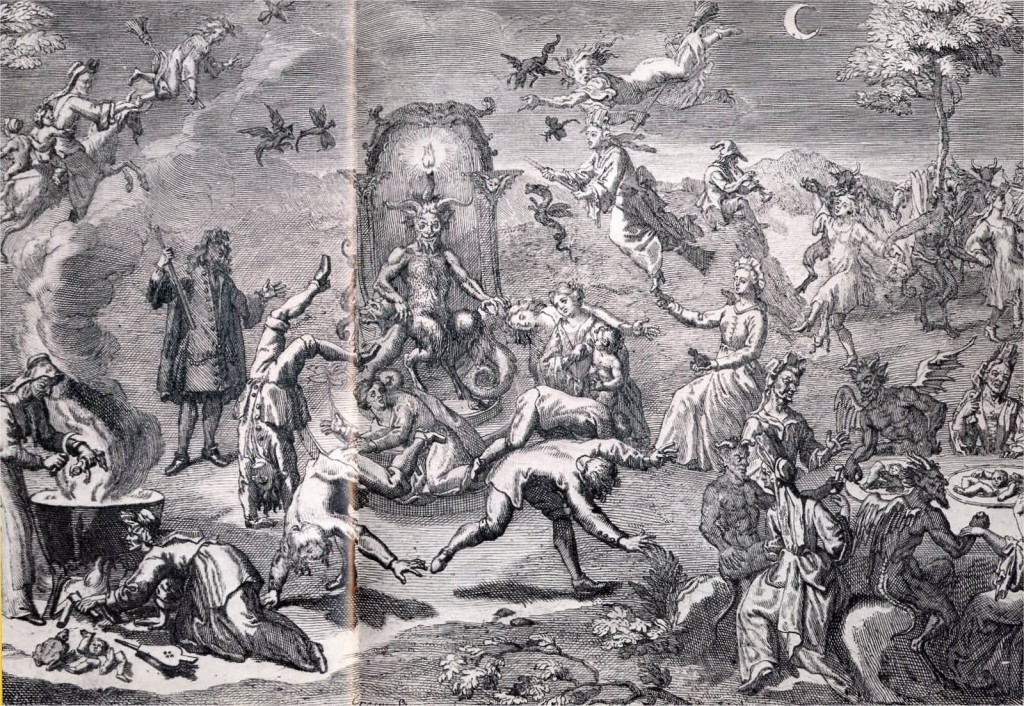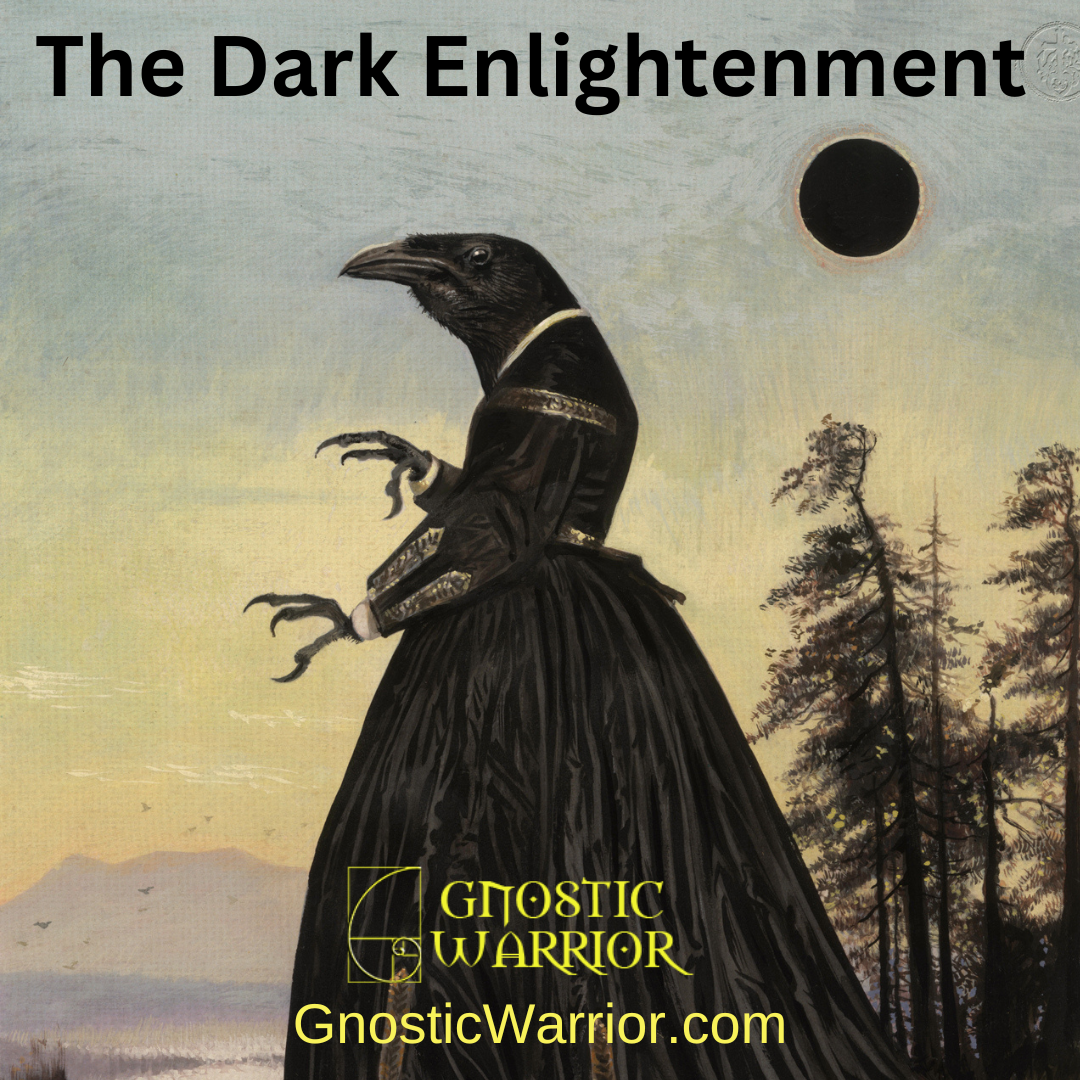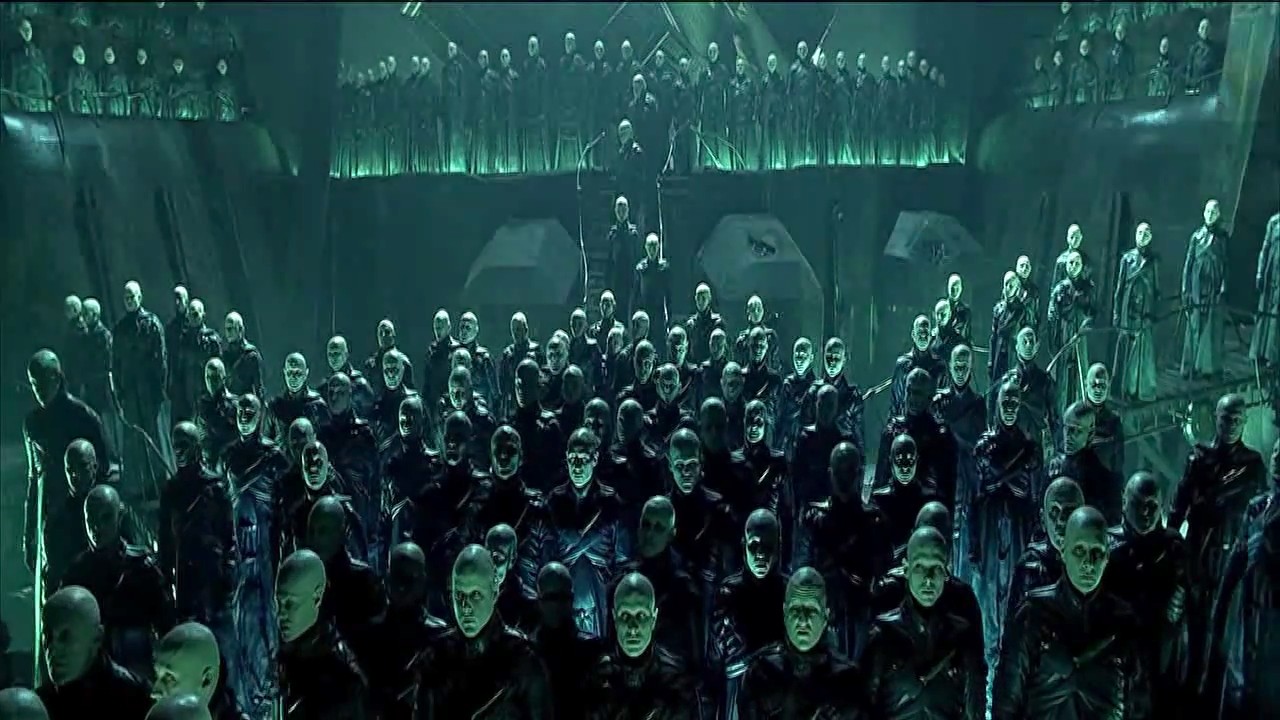The Ancient Babylonians had left us the famous story on seals and stones of a half-human and half-divine hero named Gilgamesh (Gilgāmeš) who is king over the city of Erech. These stories are collectively known today as “The Epic of Gilgamesh.”
Gilgamesh stands out as the defied hero who some scholars say is based at one time on a real personage whose name may have been Gisdhubar, or Izdubar, but was later pronounced Gilgamesh. The other two Gods or Demons who are his consorts are named Eabani, who is said to represent primitive man, and Ut-Napishtim (Ūta-napišti or Parnapishtim), the hero of the Babylonian deluge myth.
The story is told that Gilgamesh is set on a mission to travel to the land of his ancestor in order to seek out “Ut-Napishtim,” the son of Kidin-Marduk.” Ut-Napishtim is called the “distant one” and his dwelling is far off, “at the confluence of the streams.” The road to the place is full of dangers, but Gilgamesh, undaunted, undertakes the journey. The hero himself furnishes the description.
I came to a glen at night,
Lions I saw and was afraid.
I raised my head and prayed to Sin.
To the leader (?) of the gods my prayer came.
[He heard my prayer (?)], and was gracious to me.
We can find Gilgamesh is pictured in many ancient seal and cylinders in the act of war – fighting with or strangling a lion and he is given the weapons of an ax and a sword for the fight. Gilgamesh comes to the mountain Mashu (Holy Mountain), which is also described as a place of terrors.
The mountains of Mashu are described as follows:
When [he arrived] at the mountain range of Mashu,
Which daily keeps watch over sun[rise and sunset]-
Whose peaks [reach to] the vault of heaven
(And) whose breasts reach to the netherworld below. (ANET, 88; Heidel 1946, 65).
Mashu is said to mean twin and it is from the “twin peaks” of the Mountain Mashu “daily keeps watch over sun[rise and sunset]” (ANET, 88) which was at the center of the Soul of the World and the two main geographic points of East and West. For it is the Western gate which the sun enters at night and the sun travels at night in subterranean caverns back under the earth to come out in the East at sunrise. The cave is also called the “vault of heaven” is the same phrase su-pu-uk same(e) meaning the “foundation of heaven.”
It is here where we find remnants of the Sabien Rite which is the Rites of the Apocalypse being performed by initiated priests known as the scorpion-men whose “glance is death” and guard the entrance to the cave in the mountain of Mashu or Mashi; that is, “the mountain of the Sunset” or “Dark Mountian of the Sunset.”
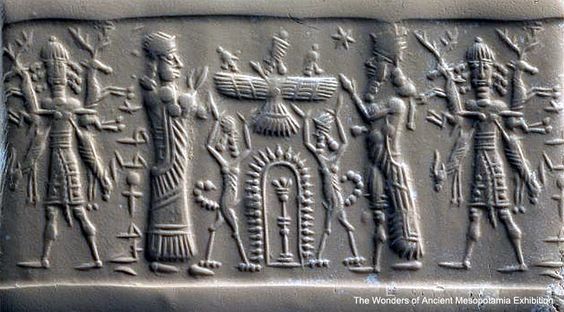
The scorpion-men of the Mountain would be the immortal and mortal spirits who took the sacrificial oaths at the beginning of this Age and who hold the keys to heaven and hell via binding and loosing. Gilgamesh must cross the Waters of Death and gain entrance to the Cave AKA the “vault of heaven” through the scorpion-men who are the guards in order to fulfill his mission.
The Scorpion Men stand guard outside the gates of the sun god Shamash at the mountains of Mashu. These give entrance to Kurnugi, the land of darkness which was a dark and dreary cavern located deep below the ground, where inhabitants were believed to continue “a shadowy version of life on earth”.
The only food or drink was dry dust.
The rulers of the underworld were the King of Hell and God of Death, Nergal and his Queen, the goddess Ereshkigal.
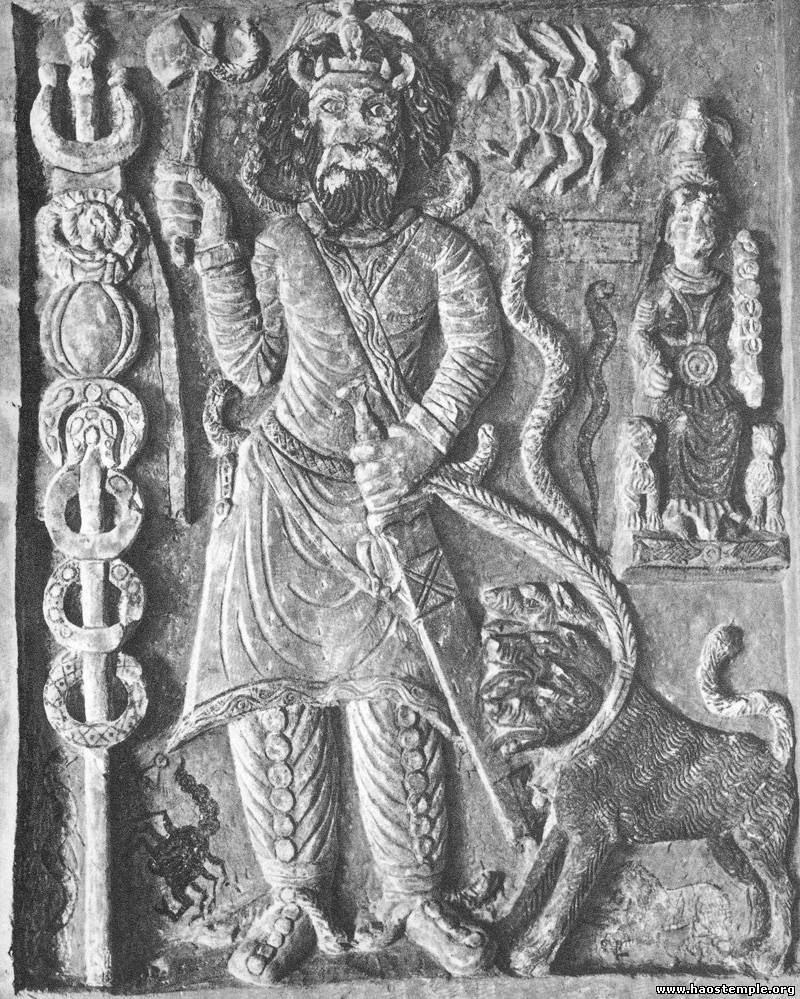
The scorpion men open the doors for Shamash as he travels out each day, and close the doors after him when he returns to the underworld at night. Their heads touch the sky, their “terror is awesome” and their “glance is death”. This meeting of Gilgameš, on his way to Ūta-napišti, with the Scorpion-folk guarding the entrance to the tunnel is described in Iškār Gilgāmeš, tablet IX, lines 47–81.
When one of the scorpion-man sees Gilgamesh at the cave entrance, he addresses his wife: ” He who comes to us is of divine appearance.” The wife agrees that Gilgamesh is in part divine, but she adds that in part he is human. The scorpion-man then announces that it is by the express command of the gods that Gilgamesh has come to the mountain.
It is at this time that Gilgamesh recovers his courage tells the scorpion-man of his purpose. The scorpion-man then proceeds to inform him of the extreme dangers that will come upon anyone who ventures to enter the dreadful district. Now that he is completely aware and conscious of the Gnosis of who he is and his immortal mission, the gate is then opened for Gilgamesh and his epic journey begins.
Gilgamesh magically makes it through the darkness which is enclosing him on all sides and after traversing a distance of twenty-four hours, he beholds a splendid tree decorated with precious stones and bearing beautiful fruit. He then reaches the sea where he meets the maiden Sabitum where she has her palace and throne as guardian (mermaid) of the sea.
When Sabitum sees Gilgamesh, she locks the gates and will not permit him to pass across the sea. Gilgamesh then pleads with Sabitum telling her of the loss of his friend Eabani, ‘who has become dust (mortal fungi – ie: men),” and whose fate he does not wish to share. When Gilgamesh speaks to Sabitum, it is then said in the text; “[Now] Sabitum, which is the way to Ut-Napishtim.”
The Ninth Tablet opens with the lament of Gilgamesh for the death of his friend, and his number one goal which is to seek out the spirit of his ancestor who is named “Tsit-napishtim (Ut-Napishtim)” so he might perhaps escape a similar fate.
Tsit-napishtim informs Gilgamesh that all men must die with he himself being an exception in exceptional circumstances. He then gives Gilgamesh an opportunity of eating the plant of life, which is then lost. However, Tsit-napishtim then cures Gilgamesh of his disease which he has contracted while crossing the Waters of Death, and he is finally restored to King of Erech.
The Babylonian tablet reads:
“For his friend Ea-bani “Gilgamesh wept bitterly and he lay stretched out upon the ground. “(He cried): ‘Let me not die like Ea-bani! “Grief hath entered into my body, and “I fear death, and I lie stretched out upon the
ground.
“To (test) the power of Tsit-napishtim, son of UbaraTutu,
“I will set out, and I will not tarry by the way.'” Gilgamesh describes his journey thus :— “To a mountain gorge I came by night, “Lions I beheld, and I was terrified. “I raised my head and I prayed to the Moon-god, “And to the [chief] of the gods came my cry, “[And he hearkened and] showed favour unto me.”
From what remains of the text it appears that Gilgamesh had a dream in which the Moon-god shewed him the way by which he might safely pass over the mountains. Gilgamesh succeeded in crossing the first mountain range which barred his path, and he next came to a still greater mountain named Mashu, that is to say, the Mountain of the Sunset.
The poem continues as follows:
“Then he came to the Mountain of Mashu, “The portals of which are guarded daily [by monsters];
“Their backs mount up to the ramparts of heaven, “And their fore parts reach down beneath Arallu. “Scorpion-men guard the gate (of Mashu); “They strike terror [into men], and it is death to behold them.
“Their splendour is great, for it overwhelms the mountains; “From sunrise to sunset they guard the Sun. “Gilgamesh beheld them, “And his face grew dark with fear and terror, “And the wildness of their aspect robbed him of his senses.”
One of the Scorpion-men then caught sight of Gilgamesh, and, turning to his wife, told her that the body of the man they saw approaching resembled that of a god. His wife replied that Gilgamesh was partly divine and partly human. The Scorpion-man then told her how Gilgamesh had set out on his long journey in accordance with the will of the gods, and he described the steep mountains which he had already crossed.
Gilgamesh, seeing that the monster regarded him with friendly eyes, recovered from his fright, and told him of the purpose of his journey, namely, to go to Tsit-napishtim, his ancestor, who stood in the assembly of the gods, and had the power over life and death.
The Scorpion-man replied by describing the difficulties and dangers which he would encounter if he persisted in his purpose of traversing the Mountain of Mashu, adding that for twelve kasbu, that is, for a space of twenty-four hours, he would have to pass through thick darkness.
But Gilgamesh was not discouraged.
The Scorpion-man, therefore, yielded to his request, and opened the gate of the mountain and let him through.
For twenty-four hours Gilgamesh marched onwards, “and the darkness was thick and there was no light.” But at the end of this long and dreadful journey he came out once more into the light of the sun, and the first thing he beheld was a beautiful and wonderful tree. The poem describes the tree in the following words:—
“Precious stones it bore as fruit,
“Branches hung from it which were beautiful to behold.
“The top of the tree was lapis lazuli,
“And it was laden with fruit which dazzled the eye of him that beheld.”
This tree grew in a great park or orchard beside THE PRINCESS SABITU.
SOURCES:
1. Babylonian Religion and Mythology By Leonard William King
2. The Devils and Evil Spirits of Babylonia: Being Babylonian and …, Volume 1 By Reginald Campbell Thompson
3. The Religion of Babylonia and Assyria By Morris Jastrow (Jr.)

Moe is the founder of GnosticWarrior.com. He is a father, husband, author, martial arts black belt, and an expert in Gnosticism, the occult, and esotericism.



